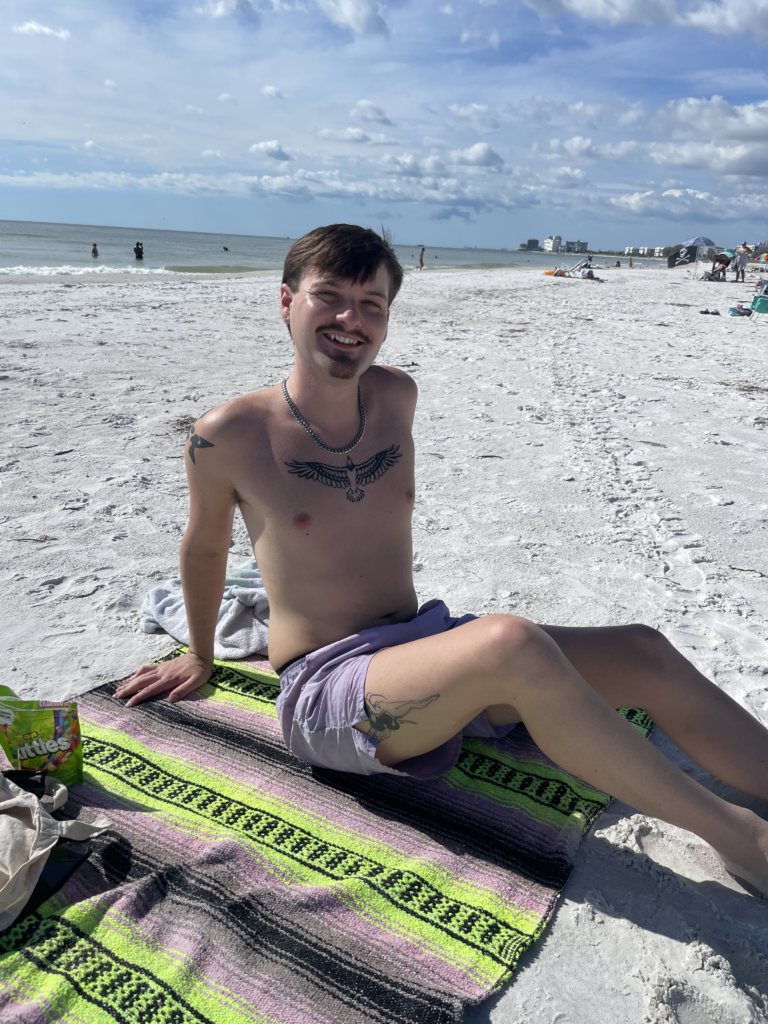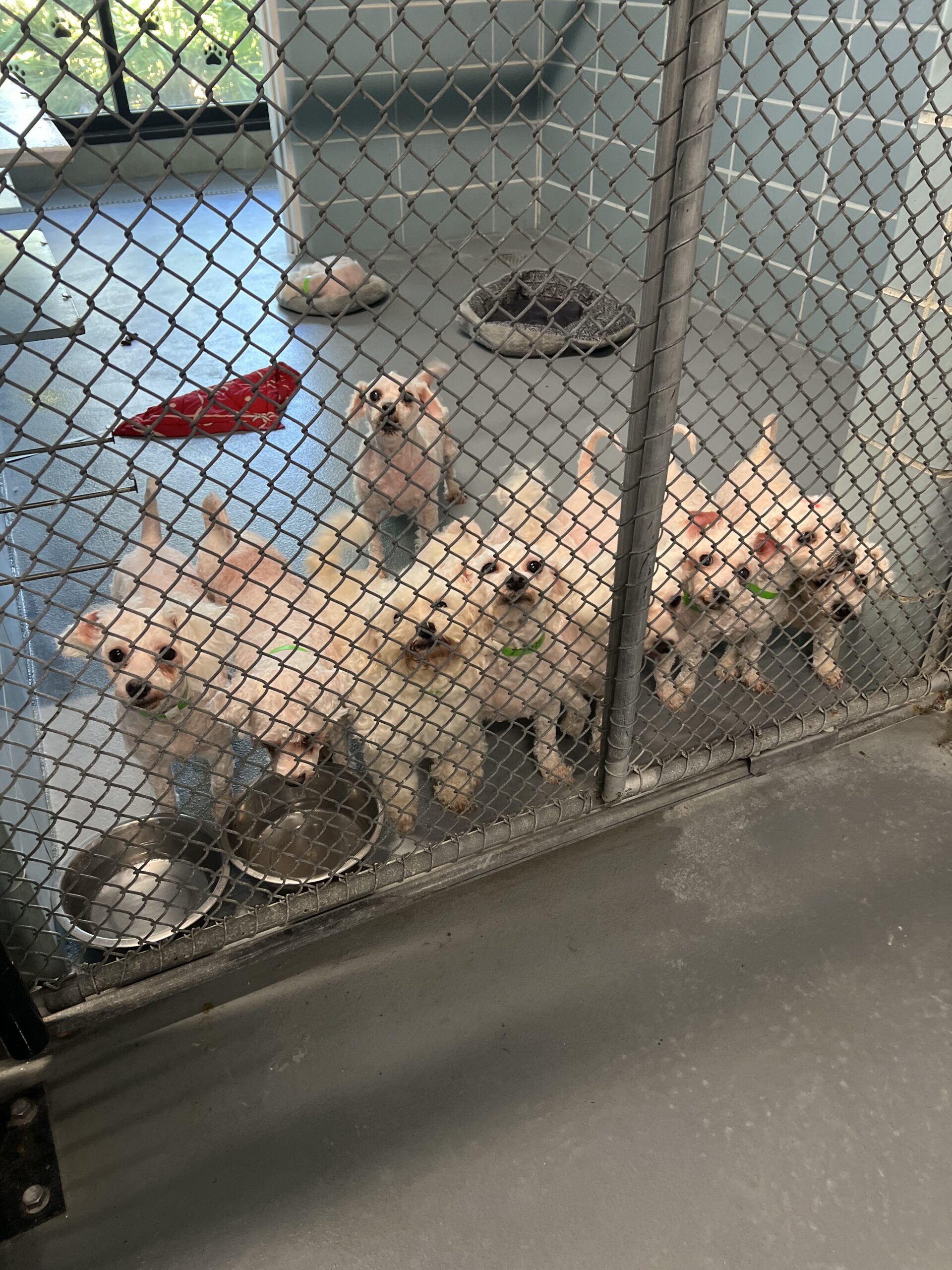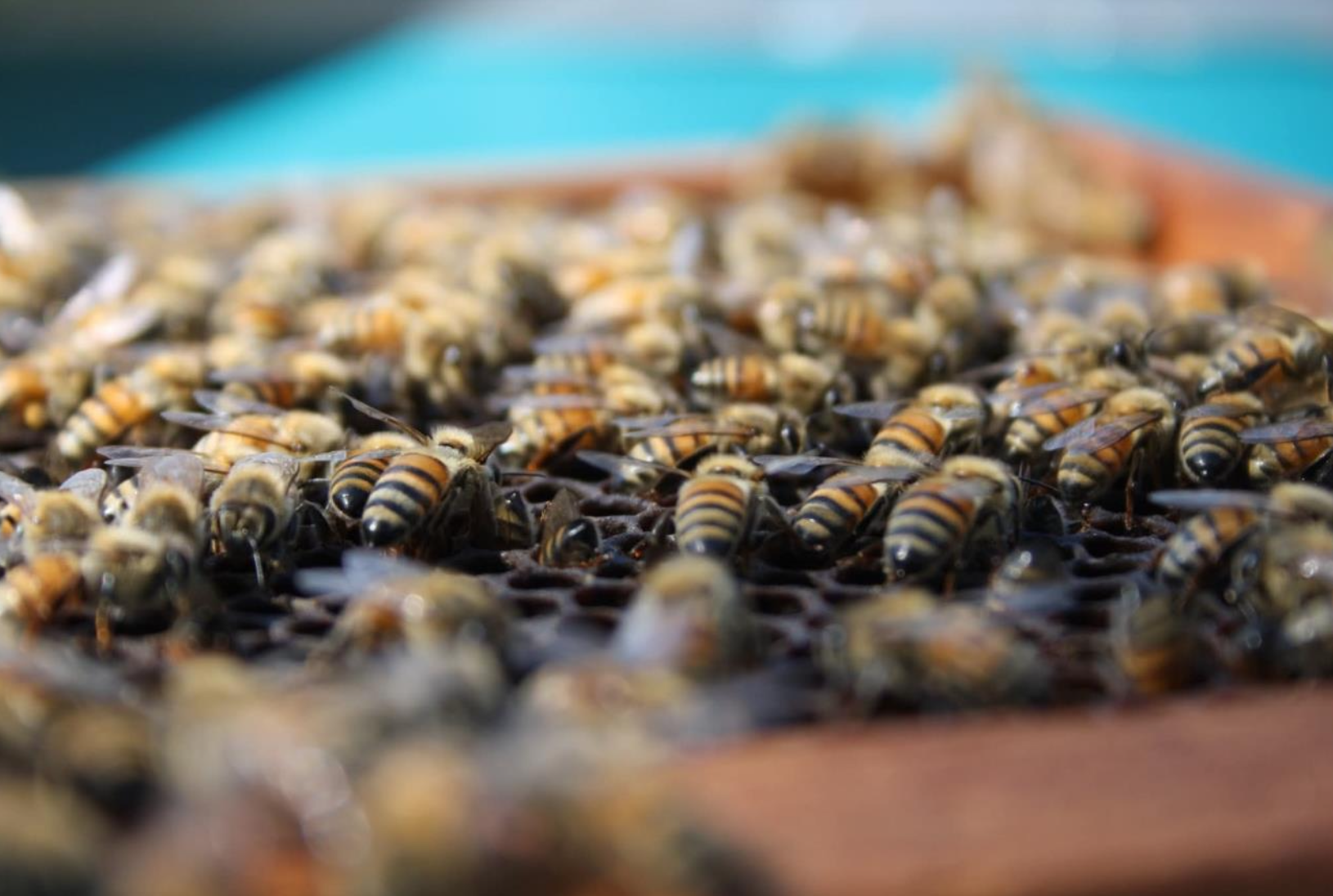By Delaney Taber
Jarod Thompson grew up in a law enforcement household. His father spent decades cracking down on illegal drugs. Marijuana was always part of the conversation, but it was treated differently. His father spoke about it with less severity than other substances; yet, it was still firmly outside the bounds of acceptability.
Years later, Thompson found himself on the other side of that conversation. As co-owner of the Healing Plant, a Tampa medical marijuana clinic, he worked with patients who used cannabis as a form of treatment.
That shift in perspective was also unfolding across Florida, where cannabis was starting to be viewed as part of health and wellness rather than solely as a recreational drug.
“At the time I started learning about marijuana, it still wasn’t medically legal,” Thompson said. “The research I did got me very interested not just in the benefits but also in understanding where we went wrong when teaching people about it.”
As Florida expanded access to medical cannabis, Thompson saw new groups turning to it for relief.
“I would say I am seeing a pretty significant increase in the number of seniors that were much more willing to learn and get involved in medical marijuana,” Thompson said.
On a typical day, Thompson said he answers 10 to 15 phone calls from people with questions about how to qualify for a medical marijuana card and what the process involved. Many of them were not even patients at his clinic. Instead, they were community members seeking guidance.
“However, I am the first person to admit to people that medical marijuana was not a one size fits all situation,” Thompson said.
That trial-and-error approach was something Jude Johns, a Hillsborough Community College student, understood well. Johns said he first tried marijuana in high school and found that it helped manage his anxiety.
Johns explained how his relationship with marijuana shifted over the years. What started as an occasional way to cope with stress gradually became something he relied on more heavily.
“At times, I leaned on it too much,” Johns said. “There were weeks where I smoked almost daily and I wasn’t really dealing with my problems. It was like I was hiding behind it.” Johns described how the fear of judgment kept him from talking openly about his use. He avoided smoking around friends and worried about being labeled in a negative way.
“I definitely felt like I had to hide it,” Johns said.
When he turned 18, Johns got a medical marijuana card, which gave him legal access and guidance from a doctor.
“Having the card made it feel less looked down upon and empowered me to ask questions and get help when I needed it,” Johns said.
For patients like Johns, getting a medical card was only the first step. After that, dispensaries often served as a guide to the wide range of products and methods available.
Rene Causey, a representative at a dispensary in the Tampa Bay area, said that one of the biggest parts of her job was guiding people through their first steps into the medical marijuana system.
“Every day I see people walking in who are nervous,” Causey said. “Some were older and had ever touched cannabis before. Others are younger but only knew it from the street.”
Causey explained that instead of pushing products, she listened to what patients were
struggling with and then walked them through the different methods and regulations that come with medical use.
“Most people were surprised at how much there was to learn,” she said. “They thought it was just smoking, but in reality there are so many options depending on your lifestyle and health needs.”
Causey described how she watched the whispers and stereotypes around marijuana become open discussions about wellness.
“Ten years ago, I don’t think people would have felt comfortable asking these questions out loud,” she said. “Now, they’re sitting across from me at the counter, telling me about things they want to treat without shame.”
That openness, Causey explained, has slowly shifted the way people think about cannabis.
“People are slowly starting to see marijuana in a new light,” Causey said. “It isn’t about escaping life. It was about finding a way to live it a little better.”




